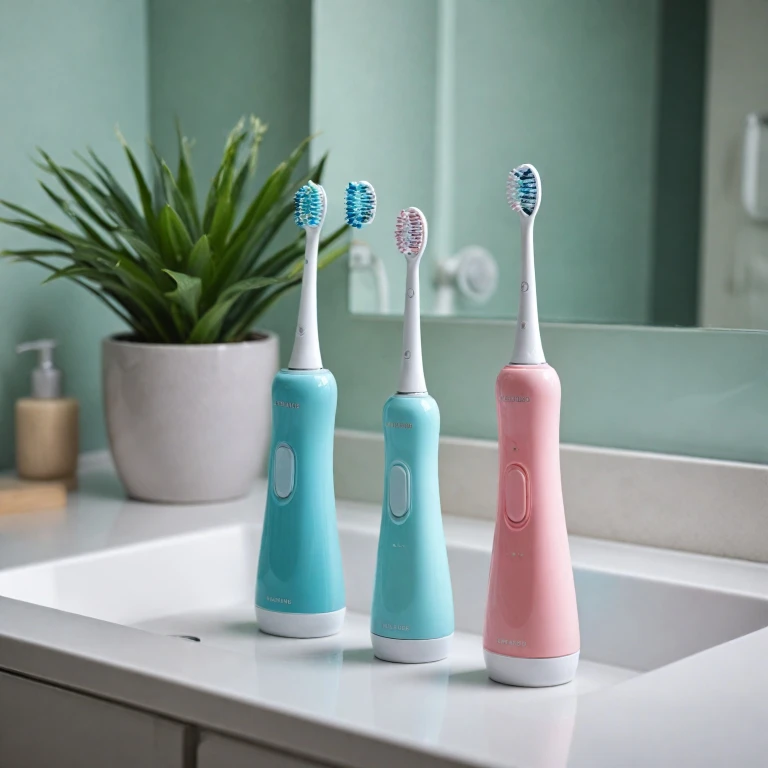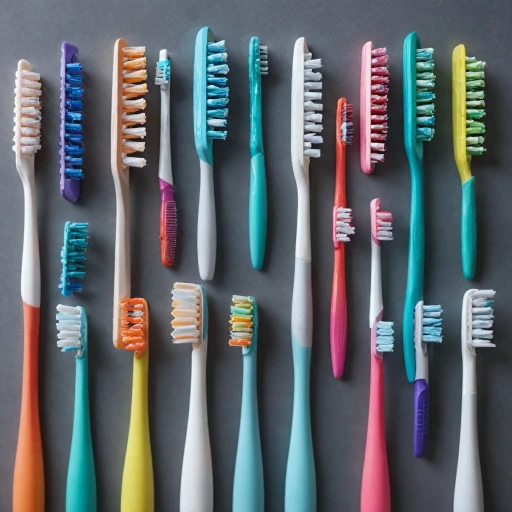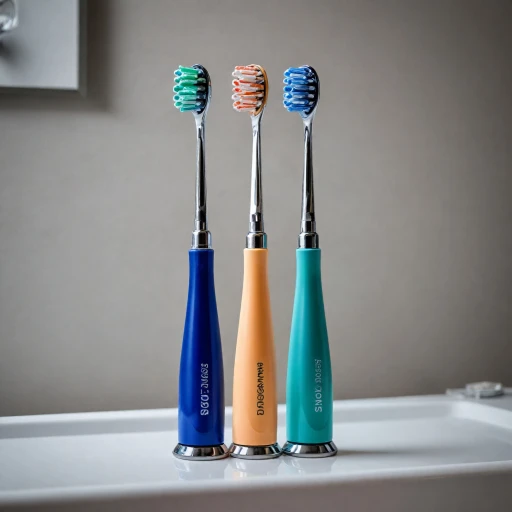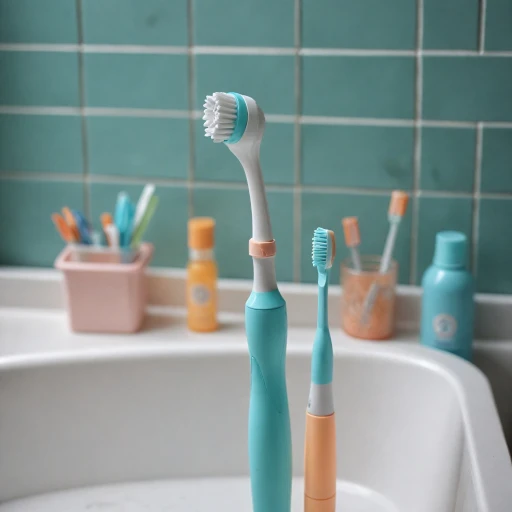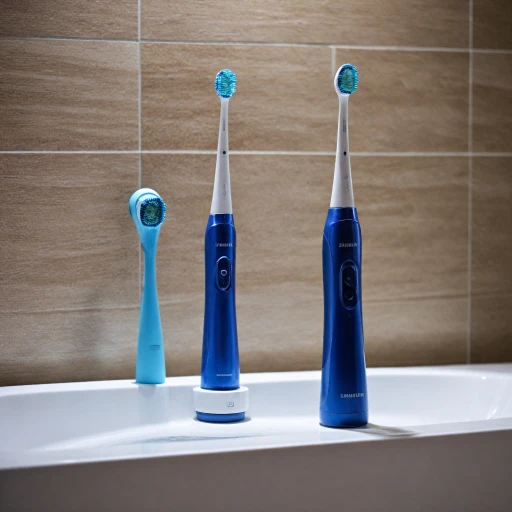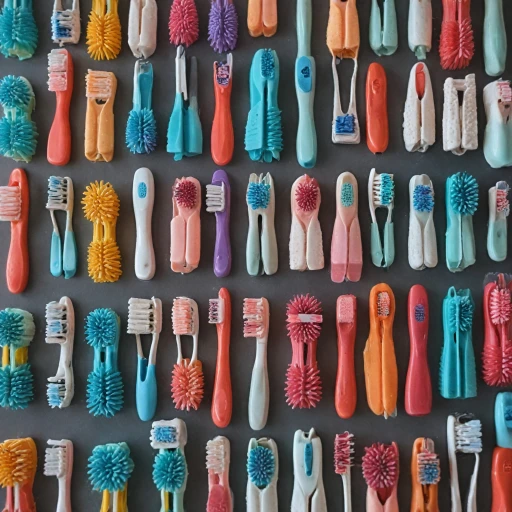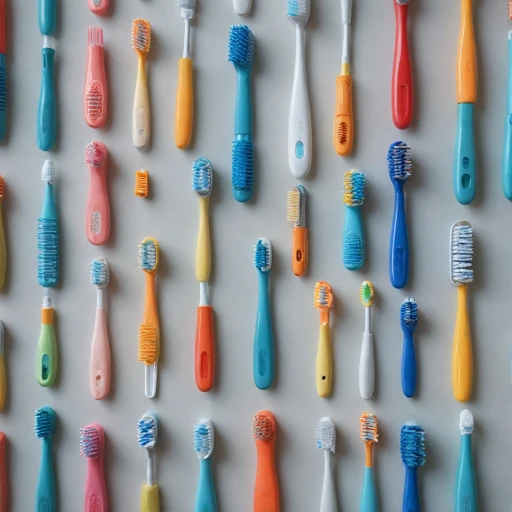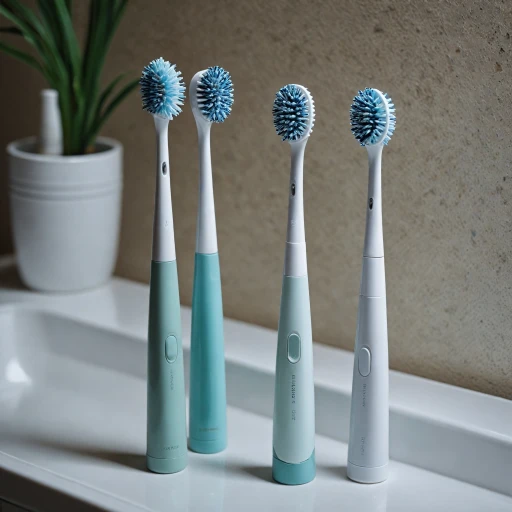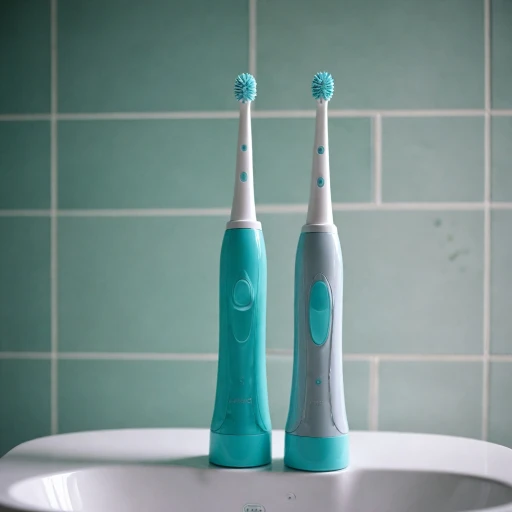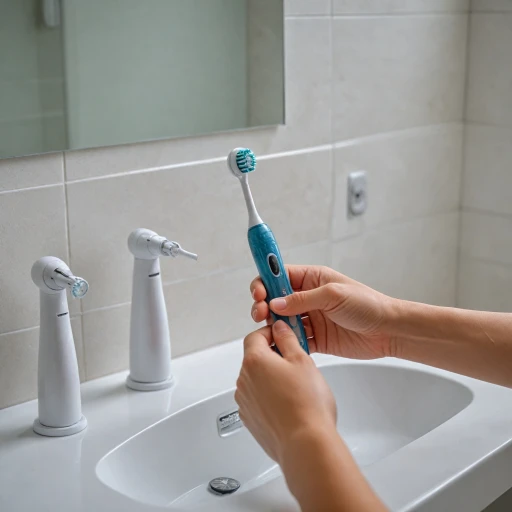
Understanding Receding Gums
Gum Recession and Its Impact on Oral Health
Understanding the problem of receding gums is essential for anyone dealing with sensitive gums or looking to enhance their oral health. Gum recession occurs when the margin of the gum tissue surrounding the teeth wears away, or pulls back. This exposes more of the tooth or its root, leading to potential damage. A receding gum line can be caused by various factors:- Harsh brushing with a manual toothbrush or using improper techniques.
- Poor dental hygiene, which allows plaque to build up and harden, causing gum disease.
- Periodontal diseases that destroy gum tissue and the supporting bone.
- Genetics, which may predispose individuals to gum recession.
- Habitual teeth grinding or clenching.
Features to Look for in an Electric Toothbrush
Key Factors in Selecting the Perfect Power Toothbrush
For those with sensitive gums or experiencing gum recession, choosing the right electric toothbrush can be a game changer in maintaining oral health. Unlike a manual toothbrush, an electric option can offer tailored features that are specifically designed to gently care for sensitive teeth and gums. When browsing options, here are some key features to look for:- Soft Bristle Brush Heads: A brush head with soft bristles is essential for those with receding gums. Gentle on the gums, they offer a thorough yet soft cleaning without causing further irritation.
- Pressure Sensors: An electric toothbrush equipped with a pressure sensor can alert you when you're brushing too hard. Excessive pressure while brushing can lead to gum damage and exacerbate recession.
- Multiple Brushing Modes: These modes allow you to switch between different settings based on your oral care needs. For sensitive gums, a gentle mode can reduce the risk of discomfort or damage.
- Timer Features: A built-in timer ensures you're brushing for the dentist-recommended two minutes. This helps in removing plaque effectively without over-brushing, which can be particularly harsh for delicate gums.
Benefits of Using an Electric Toothbrush for Gum Health
Advantages of Electric Toothbrushes for Gum Care
Electric toothbrushes have gained significant attention as an effective tool for maintaining optimal oral health and mitigating gum recession. While manual toothbrushes have their place, an electric toothbrush offers several distinct benefits that can enhance gum health. Firstly, electric toothbrushes, such as those in the Oral series, are designed to help remove plaque more effectively than manual options. They achieve this through rapid brush head movements, ensuring that plaque is thoroughly cleaned from the teeth and gum line. This is crucial for preventing gum disease and periodontal disease, both potential culprits contributing to gum recession. Moreover, many electric models come equipped with a pressure sensor. This important feature helps to prevent excessive force while brushing, which is vital for those with sensitive teeth and gums. Using too much pressure can exacerbate gum recession, so a pressure sensor ensures a gentle yet effective clean. The brush heads of these electronic models are often tailored for sensitive gums, featuring soft bristles that are gentle yet efficient in removing plaque. The use of a soft brush head is beneficial for reducing any discomfort usually associated with sensitive gums. For best results, regular replacement of the brush head is recommended, ensuring the brush remains effective. A power toothbrush, such as the Philips Sonicare models, offers different cleaning modes, catering to various oral health needs, including those focused on sensitive gums. These multiple settings allow the user to select the intensity that best suits their comfort and oral health goals. Lastly, another advantage is the inclusion of a travel case in many electric toothbrush products, making it convenient for maintaining dental care routines even when away from home. Overall, the investment in an electric toothbrush can significantly aid in caring for gums, providing a more thorough, efficient, and safe brushing experience compared to traditional manual toothbrushes. By promoting healthier gums, these tools can ultimately help in reducing the risk of further gum recession.Top Electric Toothbrush Models for Receding Gums
Must-Have Features in the Top Toothbrush Models
Selecting the ideal electric toothbrush for receding gums can significantly improve your oral health. When dealing with gum recession, it's crucial to opt for products that ensure a gentle yet thorough clean.
- Pressure Sensors: A must-have feature to prevent excessive force while brushing, protecting your sensitive gums from further recession.
- Soft Brush Heads: Electric toothbrushes with soft bristles are beneficial for sensitive teeth and gums, ensuring delicate but efficient plaque removal.
- Variety of Modes: Models offering different modes, such as 'sensitive' or 'gum care', customize the brushing experience to your oral health needs.
- Philips Sonicare Series: Known for their effective gum care technology, this series offers superior plaque removal and guards against periodontal disease.
- Travel-Friendly Design: Some options come with travel cases, making it convenient to maintain your dental routine on the go.
Choosing the right electric toothbrush isn't merely about its power or sophistication but how well it complements your overall oral health strategy. It's vital to combine the proper features and technologies to assure comprehensive cleaning without compromising gum integrity.
Proper Brushing Techniques for Sensitive Gums
Adopting Gentle Brushing Techniques
When dealing with sensitive gums, adopting the right brushing technique is vital for maintaining oral health and preventing further gum recession. It’s essential to strike a balance between effectively cleaning your teeth and being gentle on your gums.
Use the Right Brush Head
Choosing a soft bristle brush head is crucial to reduce irritation on sensitive gums. Electric toothbrushes often come with different brush heads, and selecting one specifically designed for sensitive teeth and gums can make a significant difference. The Philips Sonicare line, for instance, offers brush heads that cater to various oral needs, ensuring a gentle brushing experience.
Maintain a Light Pressure
Applying excessive pressure while brushing can exacerbate gum recession and lead to irritation. Many advanced electric toothbrushes, including several from the oral series, come equipped with a pressure sensor. This feature alerts you if you’re pressing too hard, helping to protect your delicate gum tissue.
Use Proper Brushing Motion
Whether you're using a manual or electric toothbrush, the motion of brushing is equally important. With manual toothbrushes, a light, circular motion helps to clean effectively without damaging gums. In electric toothbrushes, let the brush do the work for you. Don't scrub; instead, hold the brush head against each tooth and gum line for a few seconds.
Consider Timing and Frequency
For optimal dental health, it’s recommended to brush for two minutes, twice a day. Many power toothbrushes come with a built-in timer to ensure you reach the ideal brushing duration. Following the advised timing limits plaque build-up and reduces the risk of gum disease.
Be Mindful of Gum Health Products
When dealing with sensitive gums, it's not just about how you brush but also the products you use. Look for electric toothbrushes that are designed with gum care in mind, like those with multiple brushing modes, including one specifically for gums or sensitive teeth. These features usually contribute to healthier gums over time by providing tailored care.

